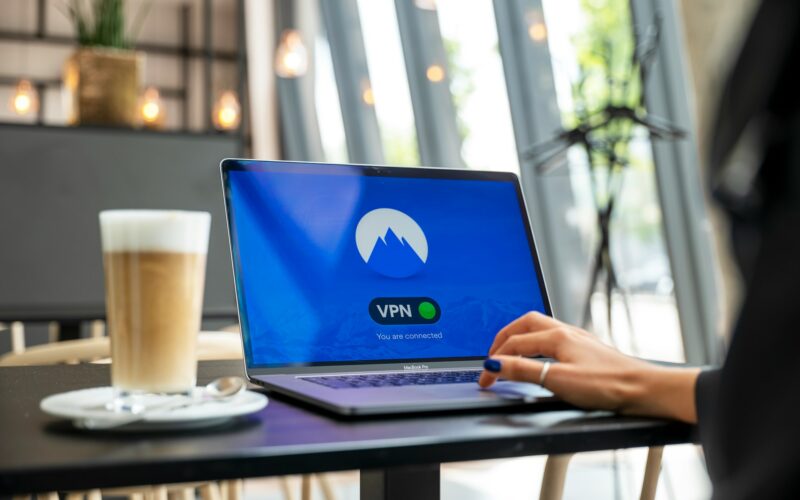Every time we browse the web, be it from our smartphones, PCs, or even smart TVs, our online data is gathered by various entities. They keep track of our behavior, search patterns, interests, and preferences.
Although our online data is used for targeted advertising, analytics, or other purposes, cybercriminals can also use it for their gain. In a digital world where online privacy is shrinking, internet users are left with fewer and fewer options to guard and protect their privacy and online anonymity.
But how exactly do organizations track our activity on the web? And can we regain our online privacy by using track blockers or the private browsing mode? Let’s discuss it further.
Web Tracking and Data Collection
Many websites on the web use cookies. These cookies are small text files that are used to track your interactions on the web page you visit. For example, they help you remember login credentials and personalize your experience in various other ways.
On the other hand, third-party trackers are embedded in websites to track your activities. Essentially, they create a comprehensive online behavior profile as you browse multiple sites.
When it comes to device-specific information, some websites can collect information through device fingerprinting. The information gathered can include your browser version, installed plugins, screen resolution, and more. This creates a unique identifier.
If you browse social media, you are already familiar with many of its plugins. However, some of these social media plugins can track your website visits even if you do not interact with them. Even a simple “like” on a social media post is registered and can be used to personalize your experience.
Lastly, there are also web beacons, which are used for web tracking and data collection. They are transparent images or code snippets embedded in websites or even emails. They track user interactions and also gather data.
Regaining Your Online Privacy
Since so many software systems and codes are used to gather your online data, it seems almost impossible to have some privacy while browsing the internet. Fortunately, there are some solutions.
Tracker Blockers
Tracker blockers are popular browser extensions individuals use to prevent websites and third-party trackers from collecting their data. They also come in the form of software. These tracker blockers essentially block or limit the functionality of the tracking technologies used by organizations across the web, including cookies, scripts, or web beacons.
Tracker blockers also block ads and prevent browser fingerprinting. Ultimately, they offer real-time protection against online data collection and are often a feature of VPN services.
Private Browsing Mode
Another similar tool individuals use to ensure their privacy online is the private browsing mode, also known as Incognito in browsers. Yet, when you use private browsing mode or Incognito, your browser still collects your data.
However, your browsing history, cookies, or site data is not stored on your browser once you end your session. This method of ensuring privacy works well for people who wish to maintain their privacy from others who may have access to their devices. But you must remember that you are still tracked while browsing the web in Incognito mode.
Choosing Between Tracker Blockers and Private Browsing Mode
Both tracker blockers and pirate browsing modes offer privacy benefits while browsing the web. However, the main difference is that private browsing modes do not actively block or prevent websites or trackers from collecting your data.
As long as your session is ongoing, your data is still recorded and susceptible to theft. Yet, once your session ends, your browser will not store your data. Using tracker blockers, on the other hand, is a more secure and efficient way to ensure your online privacy.
This is because tracker blockers actively prevent web trackers from collecting your data. Although using tracker blockers or private browsing modes are both beneficial in their own ways to ensure your privacy, you can always use both simultaneously to get the best of both worlds.
Use a tracker blocker to actively block those intrusive web trackers as you browse the web, and use a private browsing mode to limit the local data storage on your devices. Although complete anonymity or security cannot be guaranteed while using the internet, you can do some additional things to try and achieve it.
It’s worth using strong passwords, antiviruses, and keeping your software up to date while also being mindful about the websites you visit. Also, do not share your online information lightly, and avoid connecting to public Wi-Fis if you do not have a VPN.




